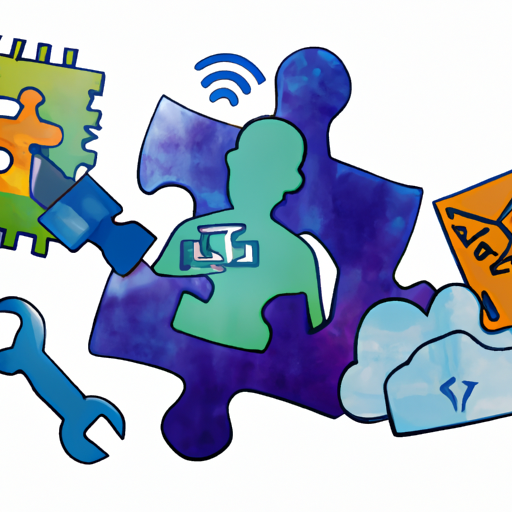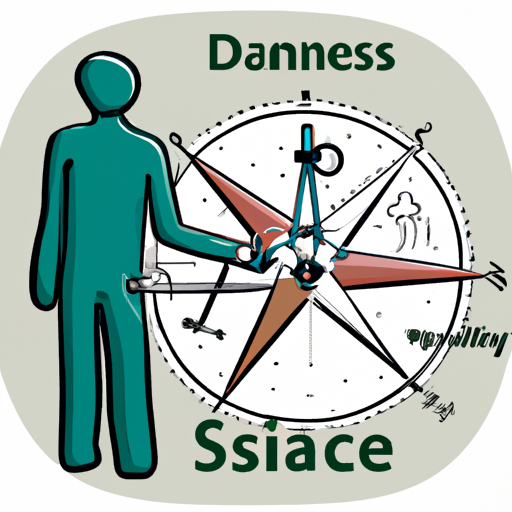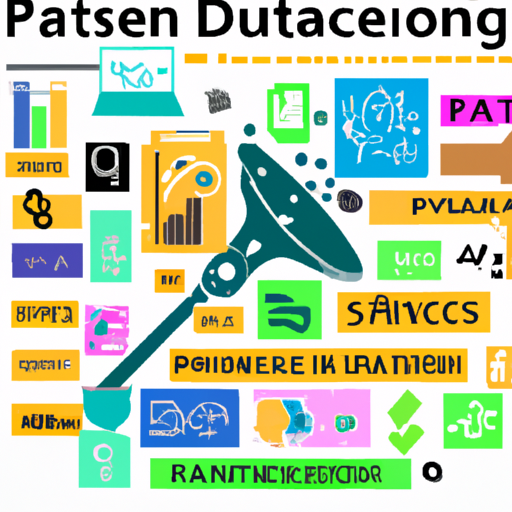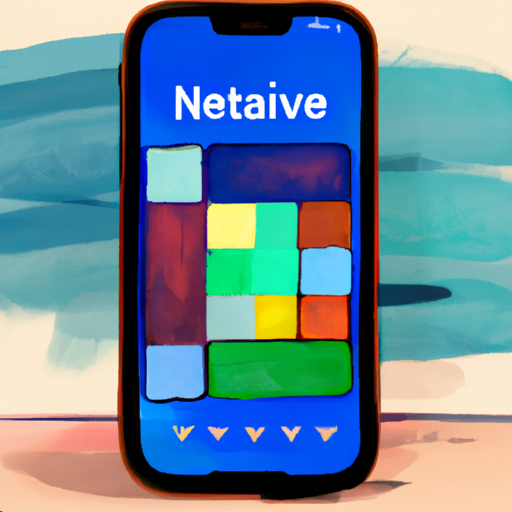The author shares her journey in data science, starting with an initial interest sparked by an article and a TED talk.
Online courses, a master’s degree, and hands-on experience followedto gain knowledge and skills in the field. They emphasize the importance of continuous learning, building a solid foundation in math and programming, and gaining hands-on experience.
In today’s digital age, data is everywhere.From social media platforms to online shopping sites, there is an abundance of information waiting to be analyzed and used.
As someone with a natural curiosity for numbers and patterns, I found myself drawn to the field of data science.I knew this curiosity would lead to a fulfilling and exciting career.
In this article, I will share my personal journey into the world of data science, from my initial curiosity to my evolution as an expert in the field. Join me as I sharethe experiences, lessons learned, and passion that fueled my career journey in data science.
1.”From Curiosity to Career My Journey indata science”
Ever since my undergraduate years, I have always been fascinated by the power of data and its potential togenerate meaningful insights and decisions.
My natural curiosity led me to explore various fields that involved working with data, including statistics, computer science, and economics. However, it wasn’t until I encountered the field of data science that everything fell into place.
I remember reading an article about how data scientists were helping organizations make data-driven decisions and solve complex problems.
Problems.I was excited by the idea of being able to extract valuable informationfrom large amounts of data and use it to generate business results.Then I decided to delve deeper into this field and explore the possibilities it offers.
To start my journey, I enrolled in online courses and attended workshops on data analysis and languagesprogramming languages commonly used for data science, such as Python and R. These courses not only provided me with the foundational knowledge, but also exposed me to real-world examples and case studies
2.”Learning in the World of Data Science My Personal Experience”
When I first decided to pursue a career in data science, I wasn’t sure where to start.
I’ve always been fascinated by the power of data and its potential to drive meaningful insights and decision-making.however, having limited knowledge and experience in the field, I knew that breaking into this world would not be easy.
My journey began with extensive research and self-study. I immersed myself in online courses,tutorials and books, learning the fundamentals of statistics, programming languages like Python and R, and various data analysis techniques.
This self-paced learning allowed me to gain a solid foundation and understand the core concepts of data science.
To further enhance my skills, I decided to pursue a master’s degree in data science. This provided me with a structured curriculum, access to industry experts, and an opportunity towork on real-world projects.
3.”The Discoverythe power of data How I found my passion for data science”
The program also exposed me to the latest advances in machine learning, predictive modeling, and data visualization. data science”
Before delving into my journey ofto join the data science career, it is essential to understand the pivotal moment when I discovered the power of data and how my passion for this field was ignited.
Like many others, I was initially attracted to the world of data science because of its prospects forpromising work and the growing demand for professionals in this field.
However, it was an eye-opening experience that really solidified my decision and made me realize the huge potential of data.
It all started when I came across a TED talk given by a famous data scientist. He explained how data can be used to solve real-world problems and make informed decisions.
The speaker presented various examples of how informationdata-driven technologies have transformed industries, improved healthcare systems, and even helped address social challenges.
I was captivated by the impact data science could have on society and compelled to explore this field further.
Intrigued by the possibilities, I began researching and delving into the data science world. Enrolled in online courses
4.”Lessons Learned on the Path to Data Science Start My Career”
After making the decision to pursue a career in data science, I quickly realized that I needed to take proactive steps to start mycareer.Here are some valuable lessons I’ve learned along the way
1.Continuous Learning Data Science is a rapidly evolving field and it is essential to stay up to date with the latest techniques, tools andtechnologies. embarked on a journey of continuous learning by enrolling in online courses, attending workshops and attending industry conferences. This not only helped me expand my knowledge but also allowed me to networkwith industry professionals.
2.Building a solid foundation To excel in data science, it’s essential to have a solid foundation in math, statistics, and programming.I have invested time in honing my skills in these areas by taking online courses and practicing coding exercises.This foundation gave me the basics needed to understand complex algorithms and effectively analyze data.
3.Practical Experience Only theoretical knowledge is not enough in data science.
5.“From Novice to Expert My Evolution in Data Science”
When I started my data science journey, I was a beginnercompletely.I have always been intrigued by the power of data and its ability to uncover insights and drive decision making.
With a background in mathematics and a passion for problem solving, I knew data science was the perfect career path for me.
I started my journey by immersing myself in online courses and tutorials. I wanted to get a solid foundation in fundamental data science concepts like statistics, machine learning, and programming languages like Python and R.






